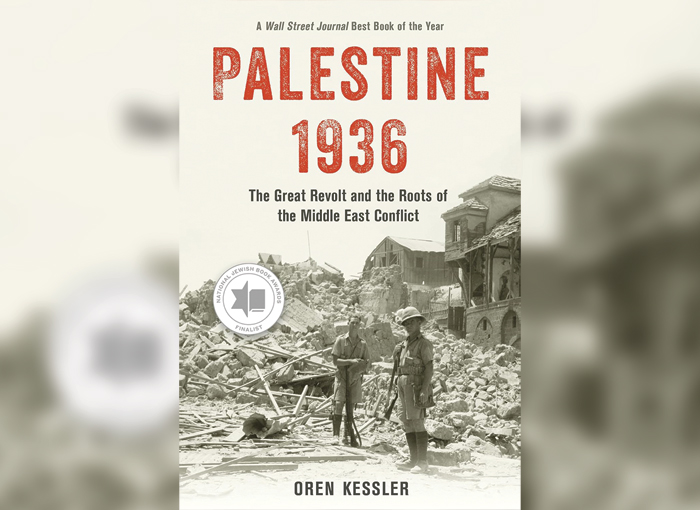When British actress Sophie Okonedo portrayed the wife of a hotel manager who saved more than 1,200 people during Rwanda’s 1994 genocide, she worked with 10,000 extras — including Rwandan refugees living in Johannesburg. Some agreed to be in “Hotel Rwanda’s” harrowing scene showing Rwandan women naked, caged and cowering, waiting to be raped.
“Some of those women had been through that. You don’t quite think about your film in the same way,” said Okonedo, born in England to a Nigerian father and Jewish mother.
The two-hour, PG-13 film, which opened Wednesday in Los Angeles, tells the true story of Paul Rusesabagina, a Rwandan hotel manager who, in April 1994, sheltered 1,268 ethnic Tutsis and politically moderate Hutus marked for death by Hutu extremists. The extremists were responsible for the machete murders of almost 1 million Rwandans, a slaughter that world leaders ignored.
A British-Italian-South African co-production, “Hotel Rwanda” earned a People’s Choice Award at this year’s Toronto International Film Festival, plus three Golden Globe nominations. It was screened earlier this fall at the U.S. Holocaust Memorial Museum. Financing for the film’s $20 million production budget came partly from Israel’s Bank Leumi, and one-third of the funds came from government financing in South Africa, where most of the film was shot.
As Rwanda’s genocide progressed, the United Nations and the Clinton administration downplayed the genocide, dismissing news reports of mass slaughter and delaying the dispatch of troops to stop it. Unlike the Holocaust, the Rwandan genocide was broadcast worldwide, and “Hotel Rwanda” has re-ignited decade-old feelings of shame among European and U.S. film patrons over how their nations refused to intervene.
“We have seen this film before. It could have easily been Poland in 1940 with Jews,” said Rachel Jagoda, the Los Angeles Museum of the Holocaust director who saw an advance screening of the film. “The faces, the ethnicities, the landscape change, but the story is the same.”
“The biggest difference, of course, is the rate at which the genocide occurred,” Jagoda said. “It took 12 years to murder 6 million Jews in Europe. It took 100 days to murder almost 1 million people in Rwanda.”
Okonedo agreed, saying, “It wouldn’t have taken very much to stop the genocide. These people were slaughtered with machetes.”
Character actor Don Cheadle plays Rusesabagina, a moderate Hutu whose compassion turns the elegant, Belgian-owned Hotel des Milles Collines into a rare Tutsi haven. His performance earned him a Golden Globe best actor nomination, alongside nominations for best dramatic picture and original song.
“Hotel Rwanda” executive producer Hal Sadoff, whose great-grandparents fled Ukrainian anti-Semitism, worked on the film’s financing with fellow executive producer Martin Katz, a Jewish Canadian.
“It’s a topic that has not really been publicized in the U.S.; people are ready today to look at it,” said Sadoff, who also handled financing for “House of Sand and Fog.” “There are a lot of Holocaust scripts around. But this script — it was so well written and so commercial and although it was set within this horrible tragedy — it was really about human relationships.”
Known to independent film audiences for her role in 2002’s “Dirty Pretty Things,” Okonedo’s prominent “Hotel Rwanda” part as Rusesabagina’s wife, Tatiana, is key. Her simple desire to save her family gives filmgoers a way to comprehend the seemingly superhuman compassion of her otherwise ordinary husband.
“The biggest leap for me was to become a Rwandan housewife, because it was completely opposite my upbringing,” Okonedo told The Journal in a telephone interview.
The real Paul Rusesabagina fled Rwanda with his wife, three children and two nieces and resettled in Belgium, where he runs a trucking company and served as the film’s consultant.
Okonedo, who researched her role at the Berlin Holocaust Museum, said meeting the couple was “quite overwhelming at first, and it was quite frightening. He’s almost a kind of an accidental hero. These people were still living and getting on with their lives. It’s always extraordinary when you see survivors.”
Despite the horrific subject matter, the film’s singular focus is on Rusesabagina, an ordinary hotel manager, trying to protect his family and 1,200-plus people. Because of this emphasis, Okonedo finished the film with some hope.
“These people, Paul and Tatiana, they just kept going through all this mayhem, and they didn’t fall apart,” she said. “So many of the films at the moment are about superpeople, superlawyers, superdetectives and spies. I’m just quite interested in the ordinary Joe, and the ordinary often has extraordinary tales to tell.”






















 More news and opinions than at a Shabbat dinner, right in your inbox.
More news and opinions than at a Shabbat dinner, right in your inbox.